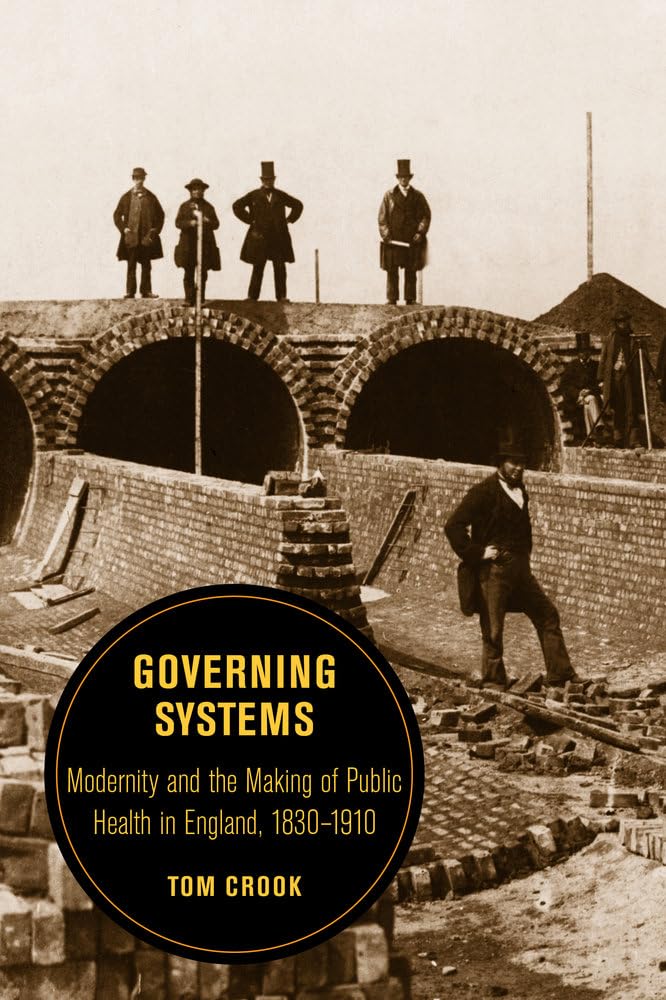
Description:
About this item:
Editorial Reviews
NaN out of 5
NaN% of customers are satisfied
Visit the University of California Press Store
Governing Systems: Modernity and the Making of Public Health in England, 1830–1910 (Volume 11) (Berkeley Series in British Studies)
BHD2390
Quantity:
|
Order today to get by
Free delivery on orders over BHD 20
Product origin: United States
Electrical items shipped from the US are by default considered to be 120v, unless stated otherwise in the product description. Contact Bolo support for voltage information of specific products. A step-up transformer is required to convert from 120v to 240v. All heating electrical items of 120v will be automatically cancelled.
All product information listed on the site are from 3rd party sources, including images and reviews. bolo.bh is not liable for any claims or promotions mentioned on the product description or images with textual content. For detailed product information, please contact the manufacturer or Bolo support by logging into your account. Unless stated otherwise during checkout, all import taxes and duty are included in the price mentioned on the product page. bolo.bh follows the rules and regulations of sale in Bahrain and will cancel items in an order that are illegal for sale in Bahrain. We take all the necessary steps to ensure only products for sale in Bahrain are displayed. Product stock and delivery estimate may change with the seller even after placing the order. All items are shipped by air and items marked “Dangerous Goods (DG)” by the IATA will be cancelled from orders. We strive to process your order as soon as it is finalized.
Share with
Or share with link
https://www.bolo.bh/products/U0520290356